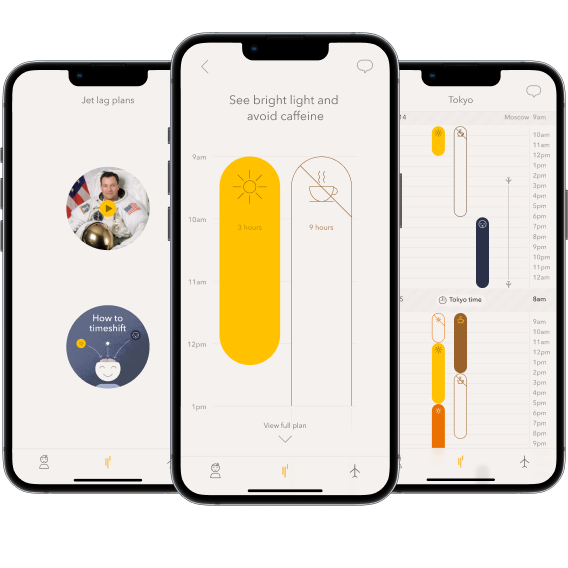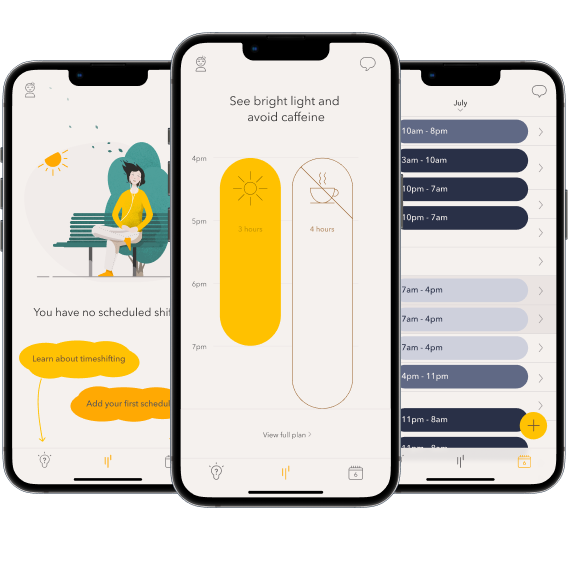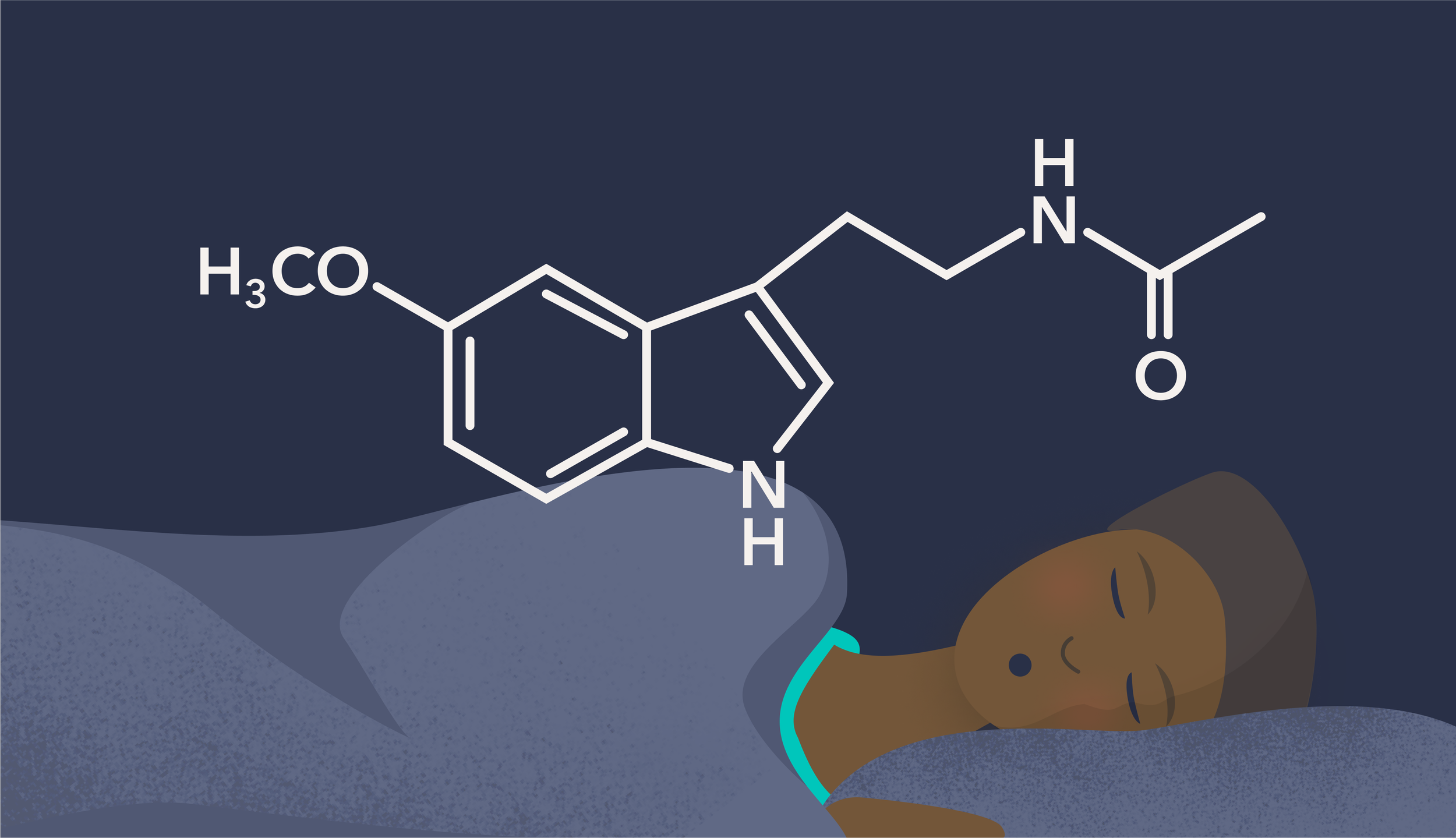How to beat jet lag with rocket science
The most important article you can ever read about jet lag
You lie awake in a bed that’s not your own, in a strange place, unable to sleep. You struggle to keep your eyes open during the important business meeting in which you are expected to close a deal critical to your quarterly quota. You yawn during the rare romantic dinner on a vacation without the kids.
You’ve done all the “right” things recommended in a recent travel guide, paid more for a better seat so you could sleep in comfort on the plane, set your watch to local time, struggled through your normal 7am jog, and selected the right pillow from the hotel’s sleep program.
The problem is that few in the travel industry understand the science of jet lag; as a result, their advice is based on the wrong assumptions. They didn’t know the immutable biology that makes jet lag inevitable, even for those who claim not to suffer from it. They didn’t tell you that light cues — not sleep, exercise, food, or caffeine — are the only way to naturally reset your circadian clock and address jet lag, and that the precise timing of when to see light and when to avoid light is the difference between a successful trip or a miserable one. Timing is everything when it comes to jet lag and doing things at the wrong time can shift your rhythms in the wrong direction, making your jet lag worse.
The jet lag science we have all missed
Jet lag is a ‘circadian rhythm disorder, a temporary disruption of the 24-hour rhythms in your brain and body’. Circadian rhythms are our natural 24-hour rhythms in our physiology, behavior, and metabolism. They are driven by the suprachiasmatic nucleus (SCN), a group of around 50,000 cells in the hypothalamus that makes up our circadian clock, generating the daily signals that control the 24-hour cycles in our sleep, performance, mood, digestion, many hormones and even our gene expression.
These cells generate rhythms that would, on their own, cycle close to — but not exactly — 24 hours. This clock is reset to match environmental time each and every day. In mammals, including humans, the daily light-dark cycle is the strongest signal in resetting the clock. Our eyes detect patterns of light and dark, and send signals to the circadian clock in order to keep our biology ‘in sync’ with the real world. Those unable to detect light due to total blindness can’t reset their circadian clocks to light, and the resultant non-24-hour rhythms in sleep, hormones and other rhythmic functions, can lead to serious health and wellness issues.
In jet lag, it’s not a lack of light information that causes the circadian disorder, but rather the disruption in the timing of light and dark exposure. When we jump across time zones, the light-dark cycle changes too quickly for our clocks to keep up with, and our internal circadian rhythms becomes ‘desynchronized’ from the new location. This causes us to be sleepy at the wrong time, awake at the wrong time, hungry at the wrong time, and unable to recover quickly from the trip. Without specific interventions, the clock will shift an hour or less per day, meaning that during that once-in-a-lifetime trip from New York to Paris, at least the first six days will be marred by the symptoms of jet lag. During the business trip from LA to Shanghai, you will be off your game for as long as eight days, which might be more than the whole trip.
Once you know the science, you can get the timing right
So how can we speed up our circadian clock’s adaptation to a new time zone? Timed light exposure — and to a lesser extent the right type and dose of melatonin supplement, at the right time — shifts the circadian clock according to what the scientists call a Phase Response Curve (PRC).
The PRC describes the direction and magnitude of the clock-resetting response based on the timing of light exposure, or when melatonin is ingested. For example, light in the late evening shifts the clock to a later time (delay), required for westward adaptation, whereas light in the early morning shifts the clock earlier (advance), the resetting needs for eastward travel.
Melatonin has a different curve for how it shifts the clock earlier or later. Keep in mind, however, that as we travel across time zones, the PRC shifts too and so the specific timing of these inputs is determined in relation to our circadian clocks, not the time shown on wall clocks or watches.
Watch Dr. Steven Lockley explain jet lag science. Dr. Lockley is a renowned expert in circadian rhythms, sleep, and jet lag. He has spent 25 years studying sleep and works with clients such as Formula 1’s elite and NASA.
Timing is everything
Merely trying to mimic the light pattern at your destination is not enough, however. The precise nature and timing of light cues is everything. Without appropriate planning, enjoying the sunny morning on your way to the boulangerie in Paris may shift your clock towards California, which could make your jet lag worse. Knowing when to avoid light is as important as when to see light. The same is true of exercise – that 5pm run you had on the first day in Shanghai is the biological equivalent of 2am back in Los Angeles if you didn’t adapt much yet, not a good time to exercise.
The airline won’t help either – most cabin lighting shifts your clock in the wrong direction. Melatonin taken at the wrong time can also shift you in the wrong direction, giving your clock a bigger challenge. Caffeine ingested too late in the day will make it hard to sleep, reducing your sleep quality and altering your light exposure.
Trying to work out when to do things is tricky. The correct time changes as your body clock time changes, so you need to estimate what time it is in your brain during your travel days and when you arrive at the new destination. This applies to when to see light, when to avoid light, and when to take melatonin -- as well as certain supporting behaviors, such as when to sleep, when you can enjoy a power nap, and when and how to use caffeine. It can quickly get very complicated.
Solving jet lag actually is rocket science
One solution that can help with timing everything correctly is the Timeshifter jet lag app. Timeshifter was developed with world-renowned scientists, based on the latest research in sleep and circadian neuroscience. The algorithm behind the app has helped astronauts manage traveling the world to keep up with their non-stop training schedule. This same algorithm was used by Formula 1 racing drivers and Olympic athletes so they can perform at their best when traveling. Now, that algorithm has been further enhanced and made available to everyone through the Timeshifter app.
Astronauts were the first to timeshift. One of them is retired NASA Astronaut, Mike Massimino, who went on two missions to repair the Hubble Space Telescope. Today, he uses the Timeshifter app when he travels internationally.
Jet lag is history.
Timeshifter's jet lag app is the most-downloaded and highest-rated jet lag app in the world. Get personalized jet lag plans based on your sleep pattern, chronotype, itinerary, and personal preferences.

The costs of not addressing jet lag are expensive and harmful
Jet lag can be expensive. Think of it. You might spend thousands of dollars to upgrade to business class for an important work trip or once-in-a-lifetime vacation. Your time at the destination is expensive and valuable too – you might even check-in to a high-end hotel to get the best sleep experience. That money is wasted, however, if you don’t get the benefits of the upgrade and sleep and see light at the wrong time. Regardless of what you spend, without shifting your circadian rhythm properly, your time at your destination will be marked by fatigue, lack of focus, reduced productivity, increased errors, and other costs. And when you arrive back home, you won’t be ready for your role as a mom/dad or husband/wife, or to start work Monday morning.
It’s not just about sleep and productivity. There are circadian rhythms in the immune system, reproductive hormones, heart and lung function, digestion, and metabolism. Gastrointestinal disruption is a common complaint in jet lag, most likely due to disruption of peripheral clocks in the stomach, pancreas, liver and intestine. Regular travelers might put themselves at increased risk of diabetes, heart disease, and some cancer as has been shown for shift work, which poses similar challenges to circadian synchrony.
The travel industry is starting to get it
By definition, jet lag is a very modern phenomenon. The fastest trains and automobiles — even early propeller airliners — of the mid-20th century limited east-west travel to one or two time zones at most. Our brains could naturally reset to handle much or all of that change quite quickly. It was only with the advent of jet airplanes that our technological capacity for fast, long-distance travel exceeded the ability for our brains to adjust. While jet lag was recognized early in the jet age, its nuisance and costs were for decades overshadowed by the excitement that faster and cheaper long-distance travel brought to vacationers and business people alike.
More than half a century into the jet age, jet travel is no longer a novelty; we take its advantages for granted, and have begun to notice and understand some of its previously hidden costs.
But there is good news for the almost half a billion annual long-haul travelers. The science of jet lag is now coming to the fore. Airlines, hotels, travel agencies, and others involved in the travel industry are beginning to understand the cause and recognize the costs, and forward-thinking travel brands have even begun to embed science-based circadian management solutions in their services. By addressing jet lag and supporting travelers’ sleep, recovery, performance, and health while traveling in a scientific way, these brands know they are gaining a strategic advantage over their competitors.
Other articles
New app for shift workers
Timeshifter's shift work app is an entirely new way for shift workers to optimize their sleep, alertness, and quality of life. Import your work schedule to get highly personalized advice.

















